Providing fatigue risk management solutions to the aviation industry
As well as assisting airlines to develop Fatigue Risk Management Systems that are compliant with national and international regulatory requirements, the Fresh Air team has considerable FRM training experience, delivering training to safety personnel and regulatory authorities around the world.
We also create e-learning programmes on fatigue as well as delivering blended learning solutions for remote/home-based workers.
In addition, we assist operators seeking to gain approval for individual flight time specification schemes (IFTSS), by conducting assessments of their fatigue risk management procedures, collecting a combination of objective and subjective data from crew, reviewing Safety Performance Indicators and preparing a report for the national aviation authority to assess.
For more information about any of our aviation work please contact us.
Aviation Case Study
TAP Air, Portugal
Portugal’s national airline, TAP Air, commissioned Fresh Air to create separate recurrent training packages for TAP flight deck and cabin crews.
These refresher courses provide crew with a reminder of the TAP Air Portugal procedures for managing fatigue and the reporting process, an update of the science of fatigue and alertness management, and feedback on changes that have been made to operational procedures in response to fatigue reports received.


